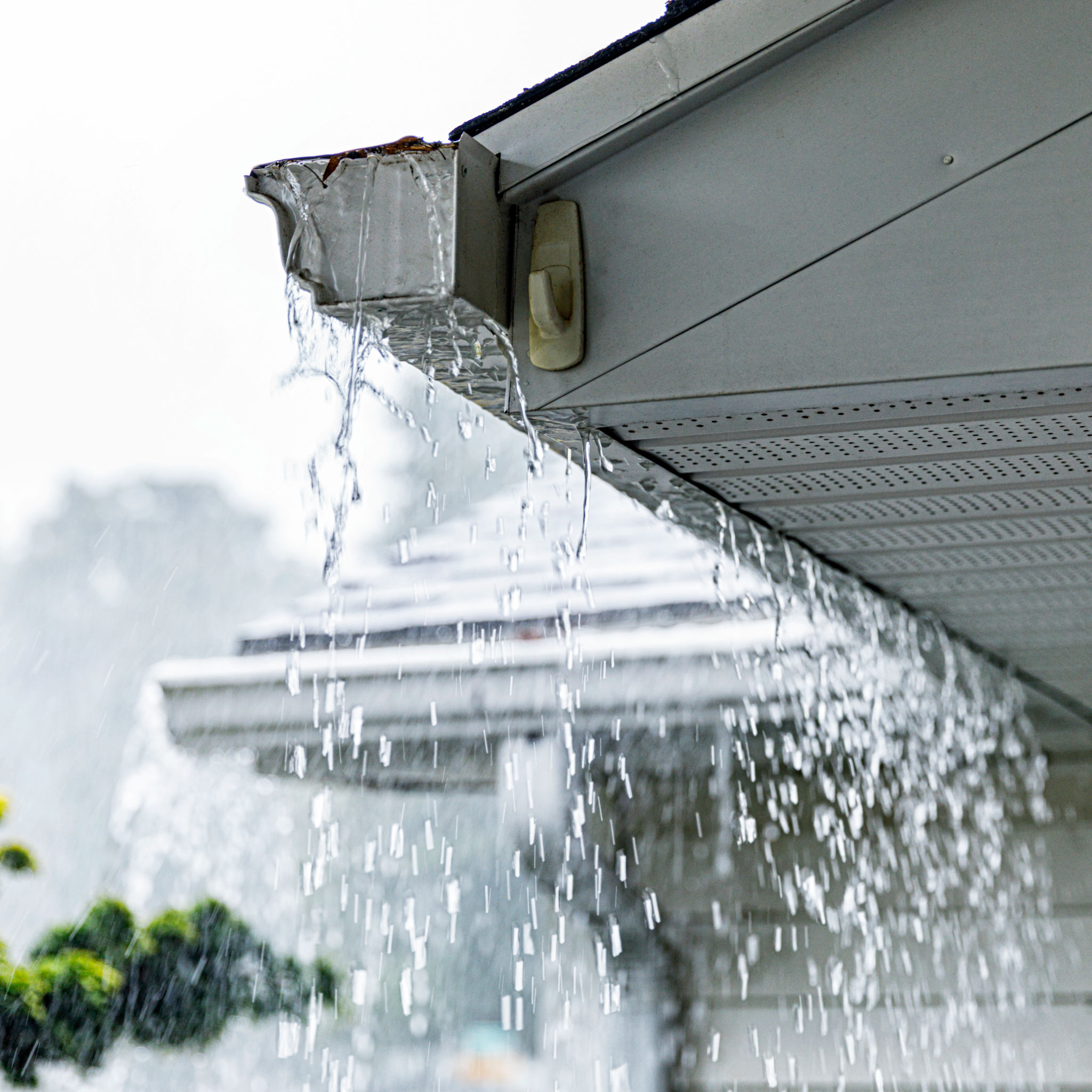DIY Roof Inspection: What to Look for and When to Call Professionals
Understanding the Importance of Roof Inspections
Your home's roof is its first line of defense against the elements, making regular inspections crucial for maintaining its integrity. A DIY roof inspection can help you identify potential problems early, saving you from costly repairs in the future. However, it's essential to know what to look for and when to call in the professionals.

Tools You'll Need for a DIY Roof Inspection
Before climbing up, ensure you have the right tools for a safe and effective inspection. Here's a list of items you'll need:
- Ladder: Ensure it's sturdy and tall enough to reach the roof safely.
- Binoculars: Useful for inspecting hard-to-reach areas without climbing.
- Camera or Smartphone: To document any issues you find.
- Notebook and Pen: For jotting down notes during your inspection.
Inspecting Shingles and Tiles
Begin your inspection by closely examining your roof's shingles or tiles. Look for signs of wear and tear, such as:
- Cracked or Broken Shingles: These can lead to leaks and water damage.
- Curling or Buckling Shingles: Often caused by moisture or poor ventilation.
- Missing Shingles: Leave your roof vulnerable to the elements.

Checking for Water Damage
Water damage is a common roofing issue that can lead to severe structural problems. During your inspection, look for:
- Water Stains on the Ceiling: Indicates potential leaks in the roof.
- Mold or Mildew: Can be a sign of prolonged water exposure.
- Sagging Areas: Suggests water has penetrated the roof structure.
Examining Flashing and Gutters
The flashing around chimneys, vents, and skylights is crucial in preventing leaks. Check for any signs of rust, cracks, or missing pieces. Additionally, inspect gutters and downspouts for blockages that could lead to water pooling on the roof.

When to Call the Professionals
While a DIY inspection can help you identify minor issues, certain situations require professional intervention. Call a roofing expert if you notice:
- Extensive Damage: Such as large areas of missing shingles or severe water damage.
- Structural Concerns: Like sagging roof sections or damaged trusses.
- Complex Roofing Materials: Such as slate or metal, which may need specialized care.
The Benefits of Professional Roof Inspections
A professional roof inspection provides a comprehensive assessment using industry-specific tools and expertise. Professionals can identify underlying issues that may not be visible during a DIY inspection and offer solutions tailored to your roof's specific needs.
Regular roof inspections, whether DIY or professional, are vital for maintaining your home's safety and value. By staying vigilant and knowing when to call in the experts, you can ensure your roof remains in top condition for years to come.
